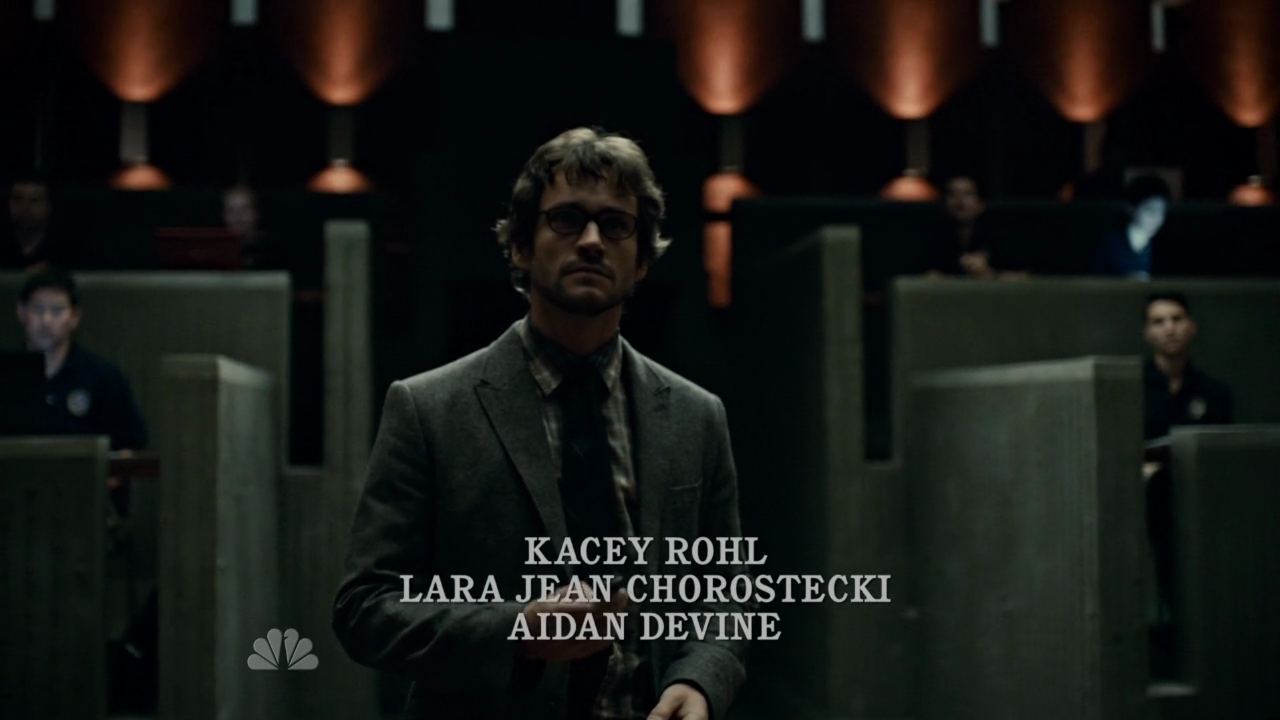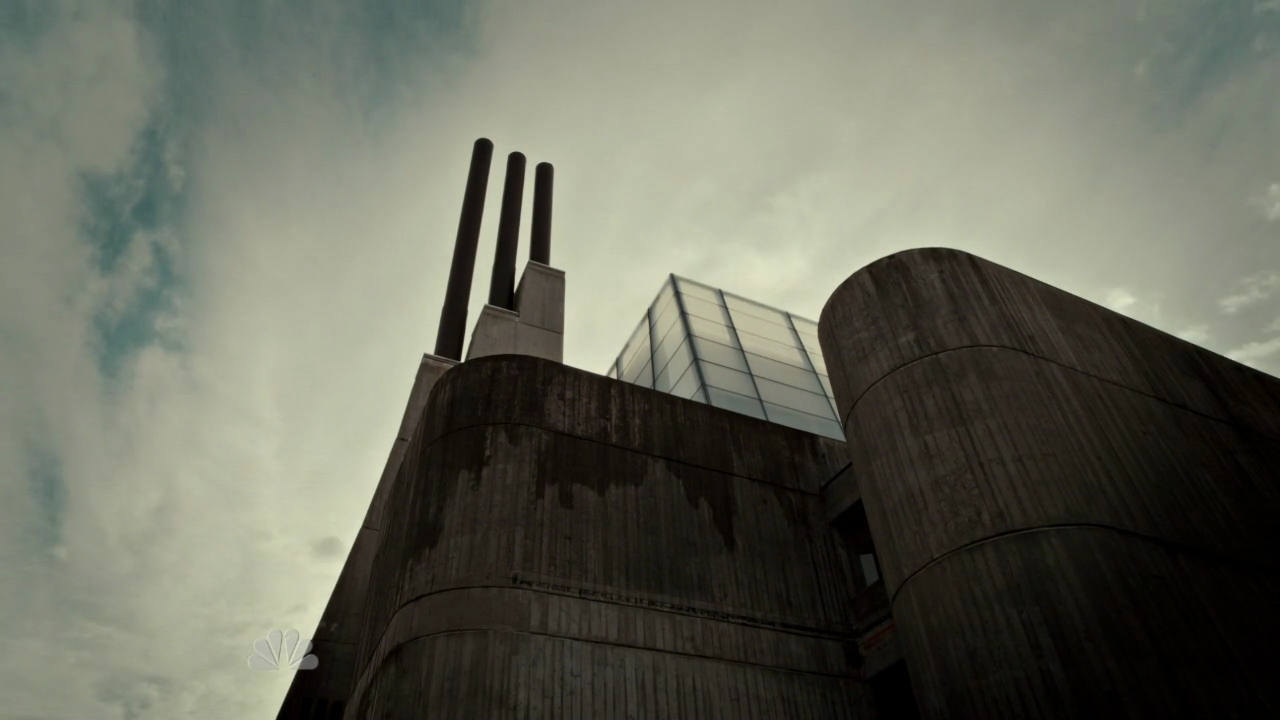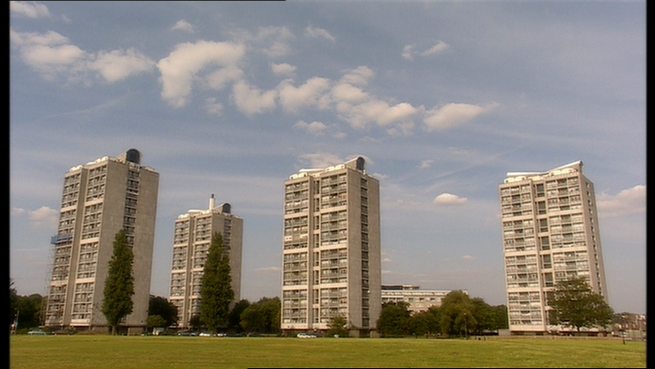The Proverbs of Hell 4/39: Œuf
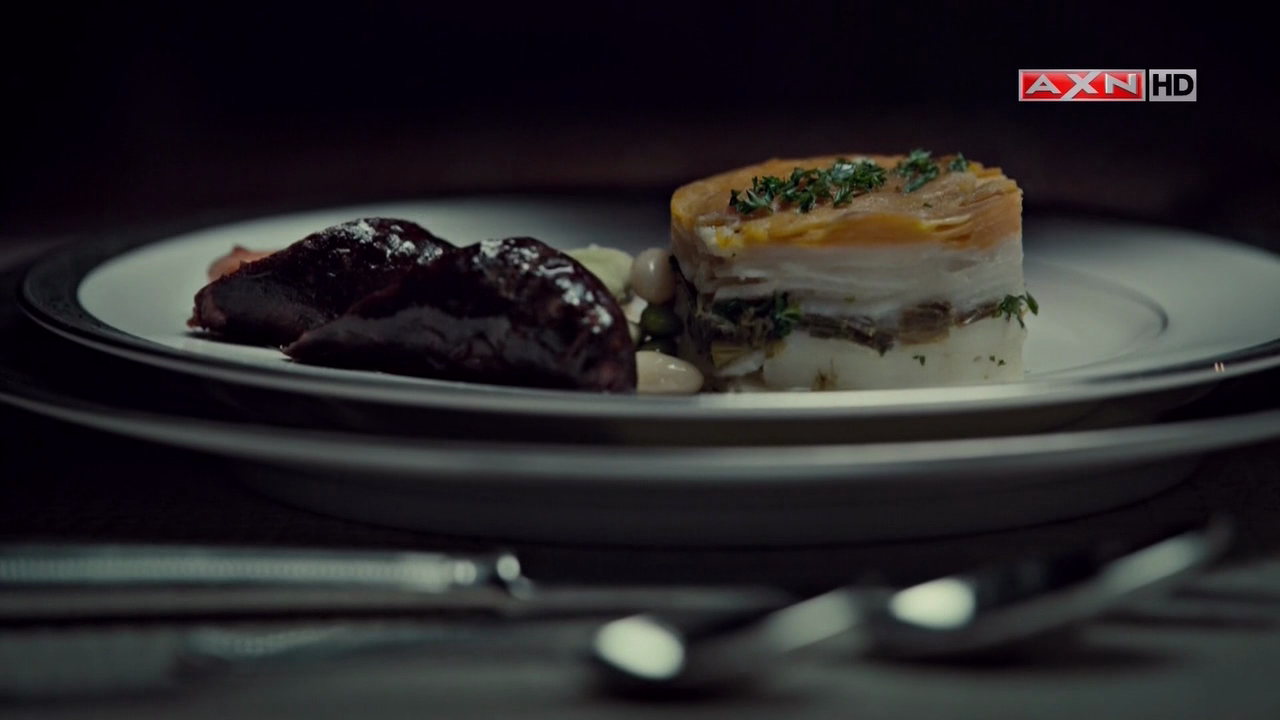 ŒEUF: One of the least nuanced titles (and indeed episodes) of the show, œuf simply means eggs, a straightforward reference to the episode’s themes of family and parentage.
ŒEUF: One of the least nuanced titles (and indeed episodes) of the show, œuf simply means eggs, a straightforward reference to the episode’s themes of family and parentage.
WILL GRAHAM: Sometimes at night, I leave the lights on in my little house and walk across the flat fields. When I look back from a distance, the house is like a boat at sea. It’s really the only time I feel safe.
One of the more curious interpolations of Harris’s original novels, this comes from his 2000 introduction to Red Dragon in which he describes the circumstances of writing it, working in a small shotgun house in a cotton field while taking care of family in Mississippi. Fuller’s addition (this scene having been imported from the previous episode, where it originally preceded Hannibal and Abigail’s end-of-episode encounter) is that Will feels safe when he does this. This is curious – the security and isolation of his house as a boat in the sea coming only when he is outside of the boat, lost in the darkness of the vast sea. This suggests that safety, for Will, is a sort of dissociative state, only attainable when he is outside of himself.
WILL GRAHAM: I got so close to him. Sometimes I felt like we were doing the same things at various times of the day. Like I was eating or showering or sleeping at the same time he was.
HANNIBAL: Even after he was dead?
WILL GRAHAM: Even after he was dead.
HANNIBAL: Like you were becoming him.
WILL GRAHAM: I know who I am.
The use of “becoming” foreshadows Red Dragon, but the larger point here is the clarification as to why Will requires dissociation to feel safe: because the thing he is afraid of is himself. In other words, the surface bucolic tranquility of the image (and indeed of Will) is a feint – the point is the isolation that it provides Will, an isolation that can only be completed by removing himself from the equation as well.
WILL GRAHAM: Table has been set. Family dinner. I wasn’t invited. I take my seat at the empty plate. My seat. My place setting, next to Mrs. Turner. I am the guest of honor.
“Œuf” occupies a strange position in Hannibal. Fuller had the episode pulled from the running order, with “Coquilles” airing in its place and the arc-relevant scenes of “Œuf” being released online. The cited reason was the social climate following the Sandy Hook Massacre, but the episode’s resemblance to those events is at best oblique. Indeed, pulling it was in many regards odd, in that it’s the episode with by far the tamest actual murders in it. One suspects that the reasoning was at least partially prosaic – “Œuf” is something of the black sheep of Hannibal. It’s the only episode in which neither Fuller nor his main deputy on the show Stephen Lightfoot have a writing credit, and it is consistently a tonal mismatch with the series. At the heart of it is the logic of the murders themselves, which are rooted in a “true crime” psychology you’d expect to see on a dozen other crime-of-the-week shows, as opposed to in the phantasmagoria of excess that Hannibal actually trades in.…

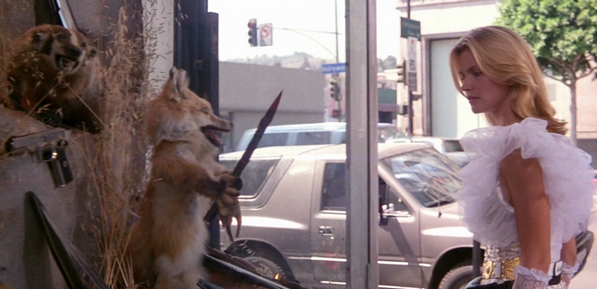 Happy April 14th to you all. The Shabcast is back once again (slightly more structured and sobre than last time), featuring the return of one of my favourite semi-regular guests, our very own Josh. This episode is a tie-in with
Happy April 14th to you all. The Shabcast is back once again (slightly more structured and sobre than last time), featuring the return of one of my favourite semi-regular guests, our very own Josh. This episode is a tie-in with 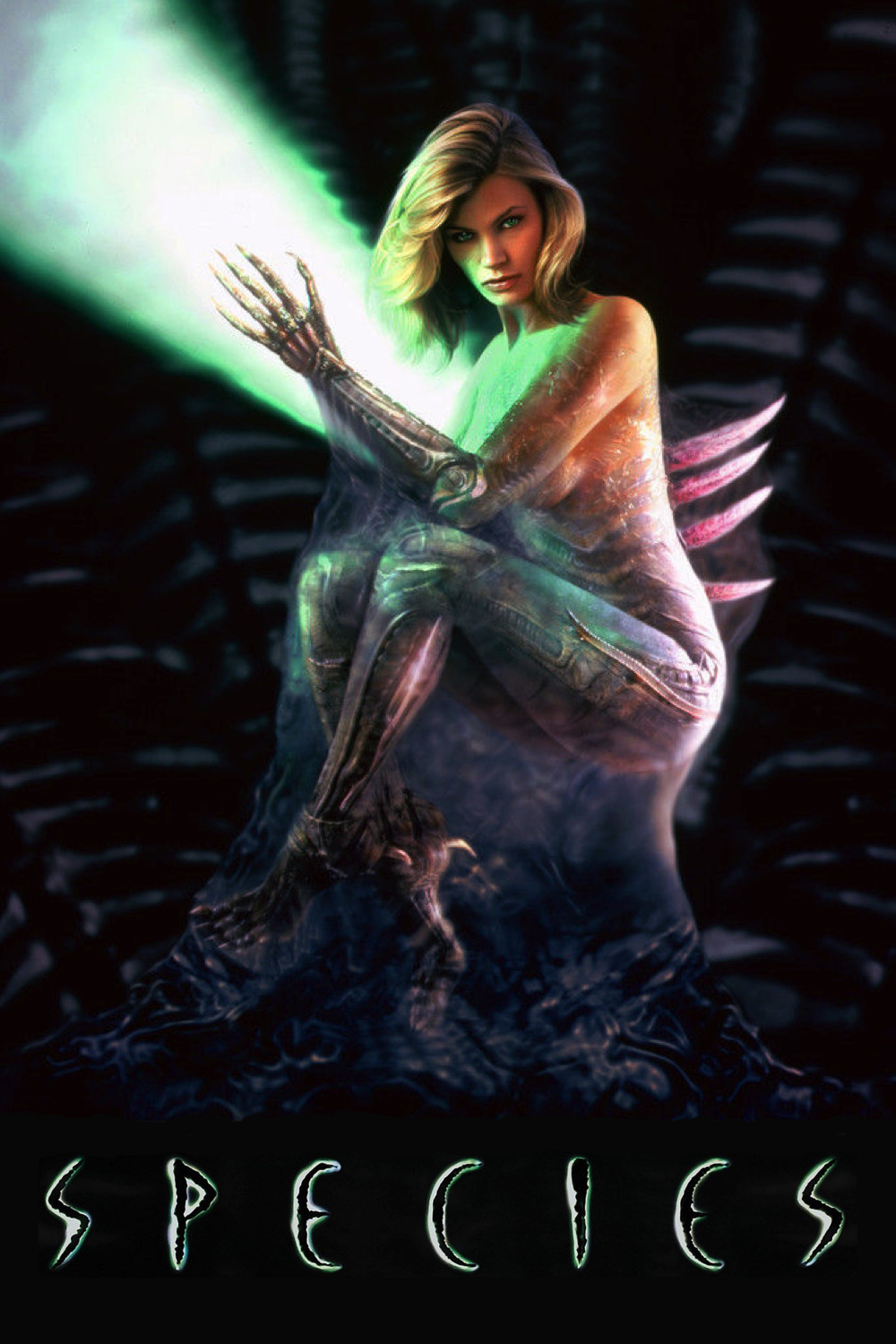 1995 was a major turning point in my association with pop culture. It was the year my family first got satellite TV, and while this meant I finally had access to television besides three channels of varying degrees of snow for the first time ever, it also meant the end of my association with Star Trek for five years.
1995 was a major turning point in my association with pop culture. It was the year my family first got satellite TV, and while this meant I finally had access to television besides three channels of varying degrees of snow for the first time ever, it also meant the end of my association with Star Trek for five years.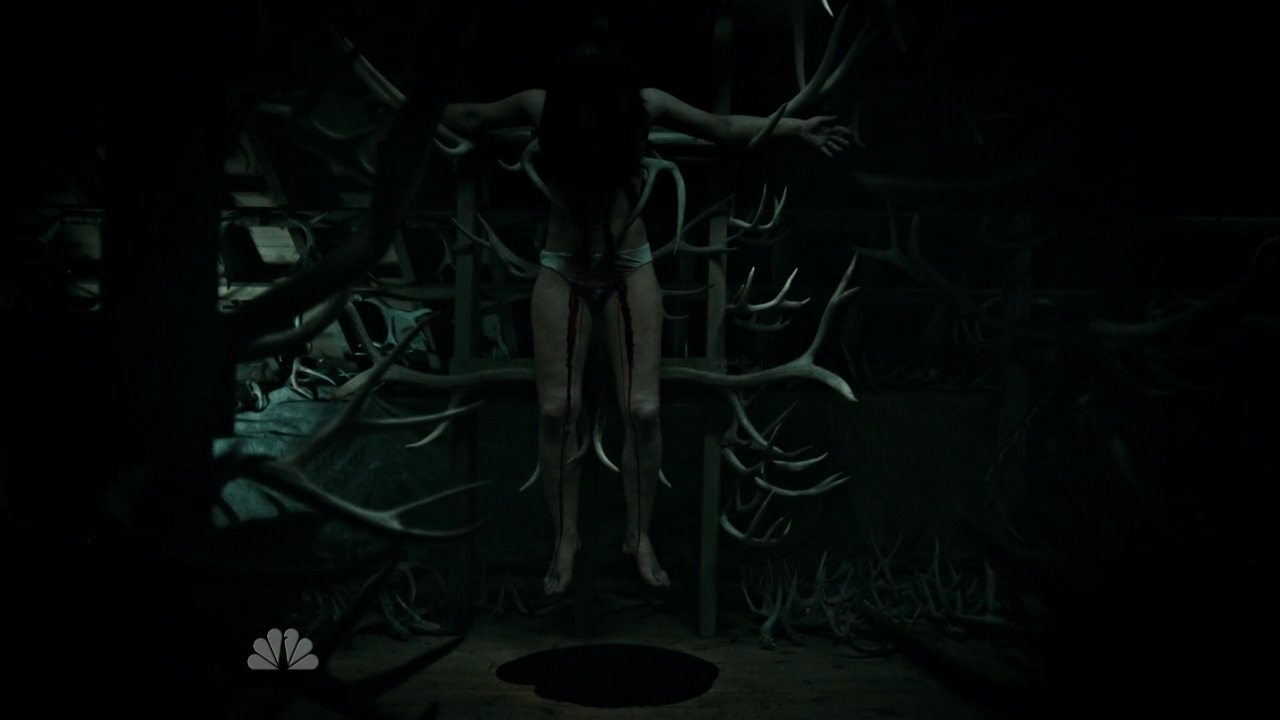 POTAGE: A thick soup, and a rather striking shift in the heartiness of courses that would probably destabilize a meal coming before egg and oyster courses. In this case, it flags the fact that this is an episode concerned entirely with the larger arc as opposed to with a killer-of-the-week.
POTAGE: A thick soup, and a rather striking shift in the heartiness of courses that would probably destabilize a meal coming before egg and oyster courses. In this case, it flags the fact that this is an episode concerned entirely with the larger arc as opposed to with a killer-of-the-week.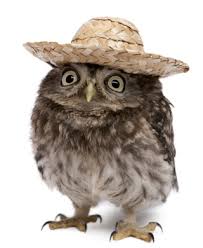 No proper post today, sadly. Too busy. There is some more stuff in the pipeline, and it’s not all about Rogue One. But for today you’ll have to be content with a round-up of recent podcasts of mine.
No proper post today, sadly. Too busy. There is some more stuff in the pipeline, and it’s not all about Rogue One. But for today you’ll have to be content with a round-up of recent podcasts of mine. If you enjoy seeing me talk about video games, might I direct you to
If you enjoy seeing me talk about video games, might I direct you to 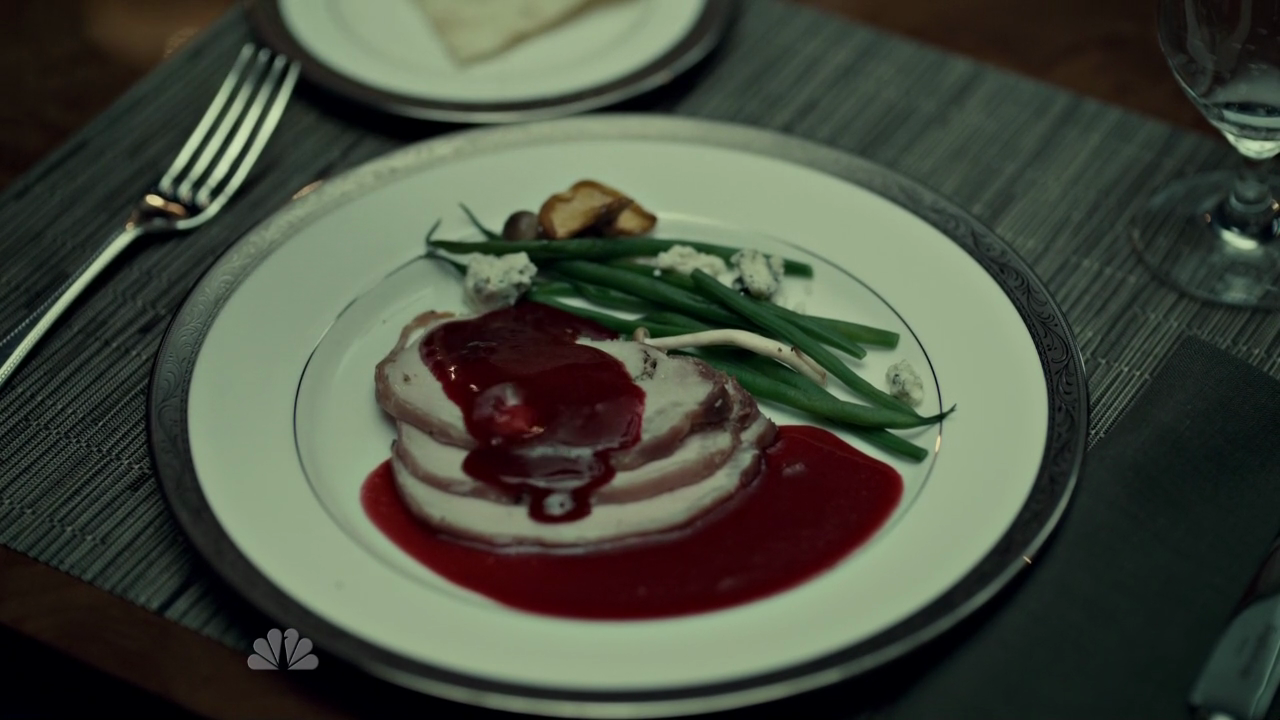 We’re currently $11 shy of Doctor Who Season Ten reviews on Patreon, and $31 shy of podcasts. It’s probably not quite that bad, as there are some declined pledges from March that will hopefully straighten out, but if these are things you want,
We’re currently $11 shy of Doctor Who Season Ten reviews on Patreon, and $31 shy of podcasts. It’s probably not quite that bad, as there are some declined pledges from March that will hopefully straighten out, but if these are things you want, 